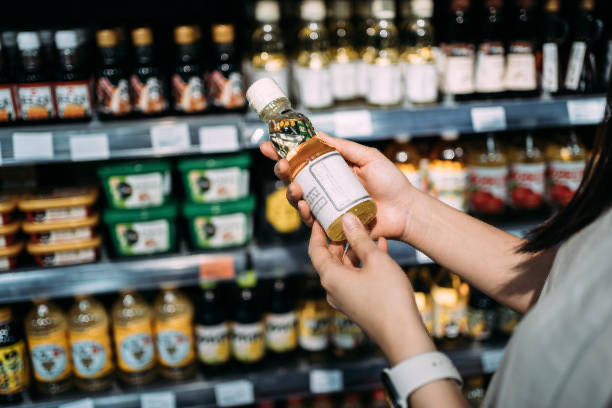Are fat-free and sugar-free products better for you?
As a registered dietitian, I am often asked a lot of health- and diet-related questions by friends and family members.
Two of the more common ones are:·
Are artificial sweeteners better for you than real sugar?
Which fats are “good” fats?
Eating a healthy diet includes all food groups; our bodies need carbohydrates, fats and protein to function properly and the right mix is key. So can fat-free and low-fat products aid in keeping ourselves fit and healthy?
Absolutely!
However, paying attention to labels is key. Because something labeled low-fat may not be a magic bullet.
Although products may claim to be fat-free, low-fat, reduced fat or “light,” you need to review the ingredient list. To make up for the loss of taste that fat provides, these foods often are loaded with sugar, flour, thickeners and salt. These ingredients can add calories and sodium that full-fat products may not have.
What we need to consider is “good” fat, not always just fat-free products. Good fats include mono and polyunsaturated fats, which can contribute vitamin E to our diets. These foods include products such as olive oil, canola oil and fatty fish including salmon.
We do want to limit our intake of saturated fats from foods such as butter, red meat and full-fat dairy. In fact, fat-free dairy is an example of a beneficial reduced-fat food.
Using fat-free products when reading the label to understand what else is included can indeed be part of a healthy diet.
Artificial sweeteners are another example of what seem like a dieters’ dream come true! Diet sodas reduce our intake of about 180 calories in 12 ounces.
But are they really beneficial and healthy for weight loss?
Most studies say they do not result in actual weight loss and while determined mostly safe, their effect on our bodies is interesting.
How the human body and brain respond to artificial sweeteners is very complex. One concern scientists have is how these intense sweeteners change the taste receptors on our tongues. A tiny amount produces a very strong taste response and the consumer gets accustomed to this stronger flavor profile. When these same people eat healthy options such as fresh fruit, they may not taste as good; vegetables especially lose their flavor.
In fact, studies show that consumers who ingest a large amount of artificially sweetened foods and beverages end up craving more and more of that sweet taste—which results in their eating more desserts and sweet items than healthier counterparts. So while a diet drink can be beneficial in cutting calories and aiding in blood-sugar control, you should use such drinks in moderation.
Always remember to read labels first and don’t rely on products because they are “fat-free” or “sugar-free.” Maintaining a healthy, balanced diet is what’s really important!
Jill Sperry, MPH, RD, LDN, dietitian at Luther Crest


